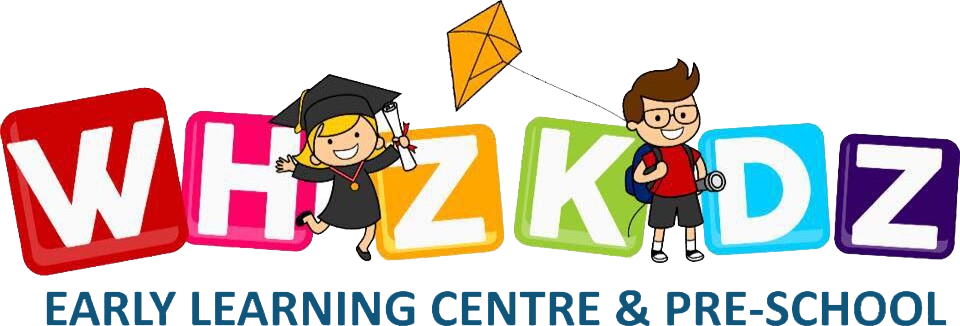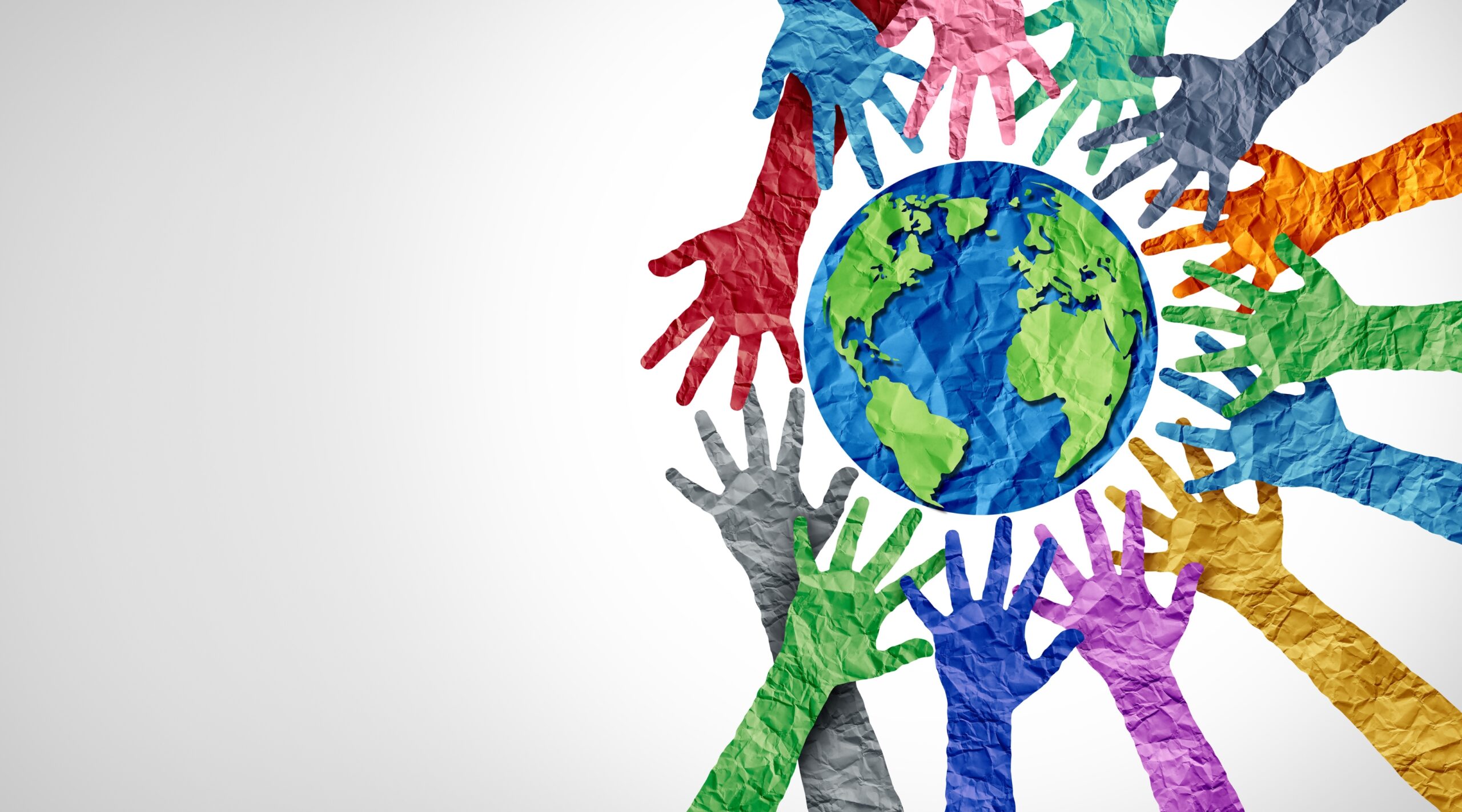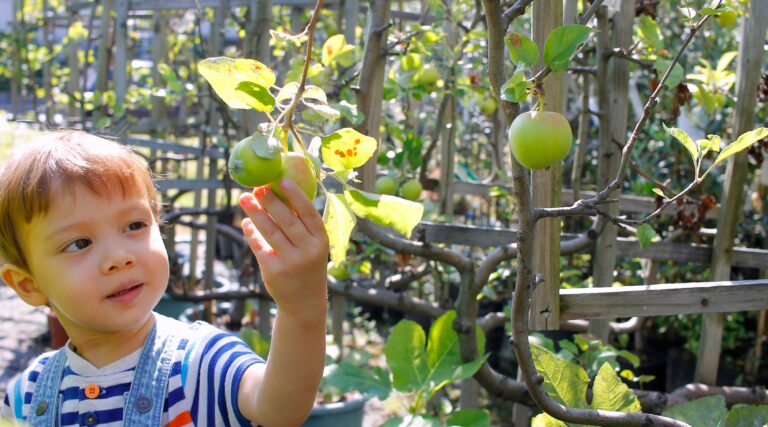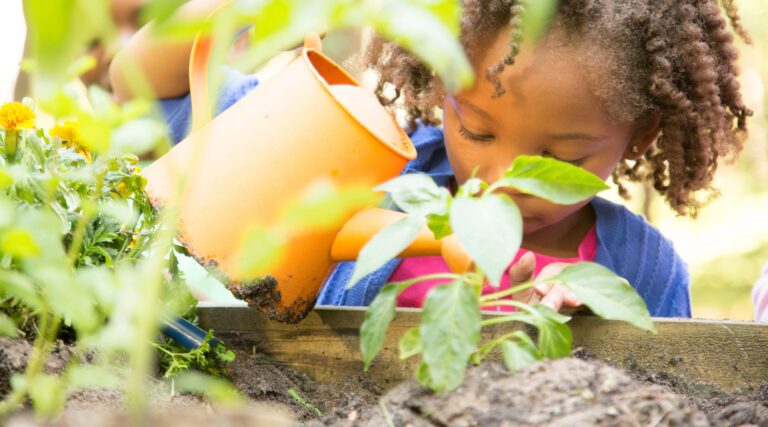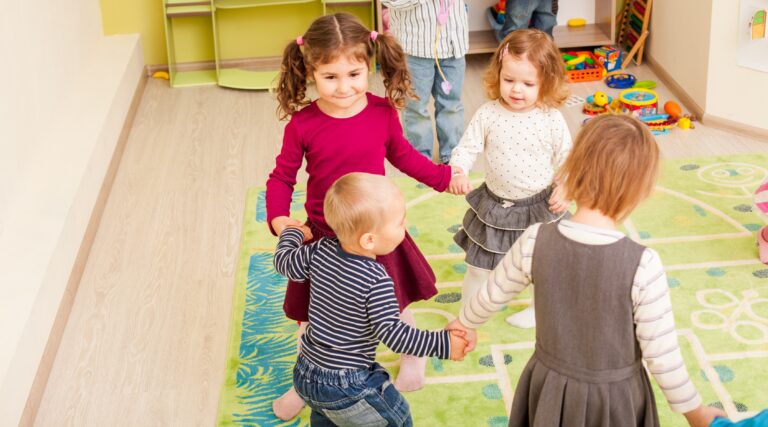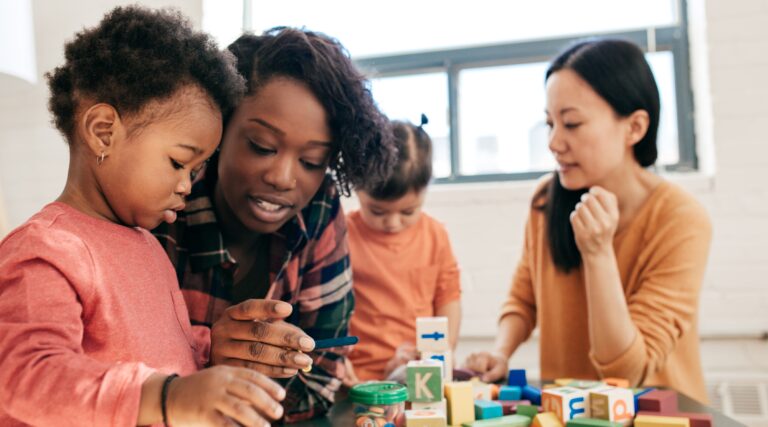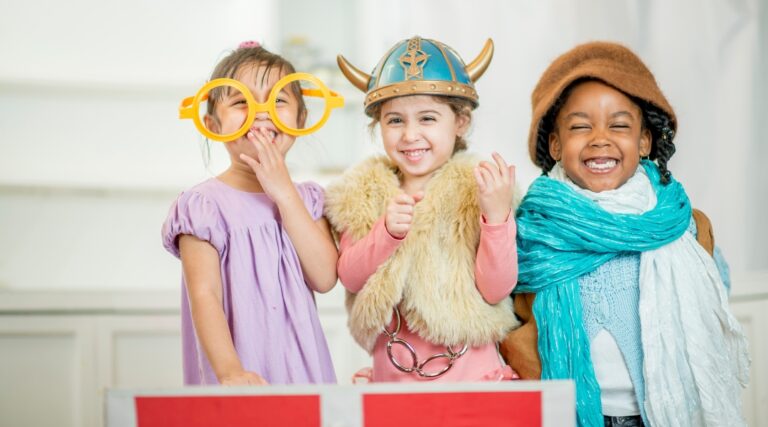How to Promote Cultural Awareness in Early Childhood Education
Promoting cultural awareness in early childhood education is essential for fostering respect, empathy, and appreciation for diversity.
Here are some strategies we at Baulkham Hills Whiz Kids adopt to promote cultural awareness in early childhood education:
1. Incorporate diverse literature and resources
Select books, stories, songs, and materials that reflect diverse cultures, languages, and perspectives. Introduce children to characters, settings, and themes from various cultural backgrounds to broaden their understanding and appreciation of diversity.
2. Celebrate cultural holidays and traditions
Recognize and celebrate cultural holidays, festivals, and traditions from around the world. Provide opportunities for children to learn about different customs, rituals, and celebrations through hands-on activities, crafts, music, and food.
3. Include multicultural perspectives in the curriculum
Integrate multicultural perspectives into the curriculum across all subject areas, including language arts, social studies, science, math, and the arts. Explore topics such as geography, history, food, clothing, music, art, and language from diverse cultures to promote cross-cultural understanding.
4. Invite guest speakers and community members
Invite guest speakers, cultural ambassadors, and community members from diverse backgrounds to share their experiences, traditions, and expertise with the children. This provides authentic learning opportunities and helps children make real-world connections to diverse cultures.
5. Create a culturally responsive learning environment
Design the learning environment to reflect and celebrate diversity. Display multicultural artwork, posters, flags, and artifacts that represent the various cultures within the classroom and community. Use inclusive language and images that reflect the diversity of the children and families you serve.
6. Encourage multicultural interactions and friendships
Foster opportunities for children to interact and build friendships with peers from different cultural backgrounds. Encourage open dialogue, curiosity, and mutual respect as children share their cultural traditions, languages, and customs with one another.
7. Promote empathy and perspective-taking
Engage children in discussions and activities that promote empathy, perspective-taking, and understanding of others’ experiences. Encourage children to consider different viewpoints, recognize similarities and differences, and appreciate the value of cultural diversity.
8. Support home language and cultural practices
Respect and support the home languages, cultures, and customs of the children and families in your program. Provide opportunities for children to use their home language, share stories from their cultural heritage, and participate in cultural activities that are meaningful to them.
9. Address stereotypes and biases
Address stereotypes, biases, and misconceptions about culture and identity in age-appropriate ways. Use literature, media, and discussions to challenge stereotypes and promote critical thinking about cultural diversity and social justice.
10. Collaborate with families and communities
Build partnerships with families and communities to support cultural awareness and inclusion. Involve families in cultural celebrations, events, and activities, and seek their input and expertise in planning multicultural learning experiences.
By incorporating these ten strategies into our early childhood education programs at Whiz Kidz Baulkham Hills, our educators have created an inclusive, culturally responsive learning environment that promotes respect, empathy, and appreciation for diversity amongst the young children under our care.
